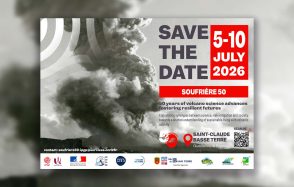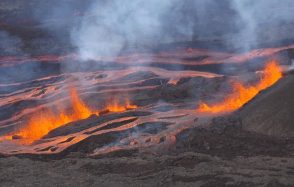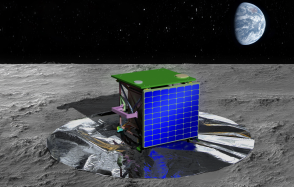Publication of the book “Why does the Earth quake?”
Understand, fear and admire one of nature's most spectacular phenomena.

Publication date: 30/03/2017
General public, Press, Research
Related teams :
Seismology
Related themes : Natural Hazards









